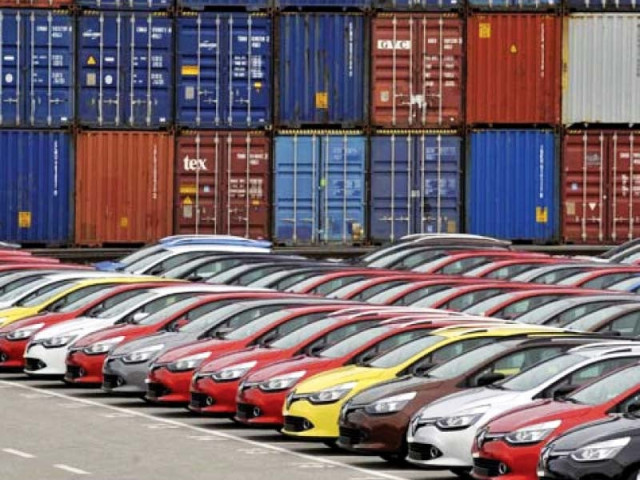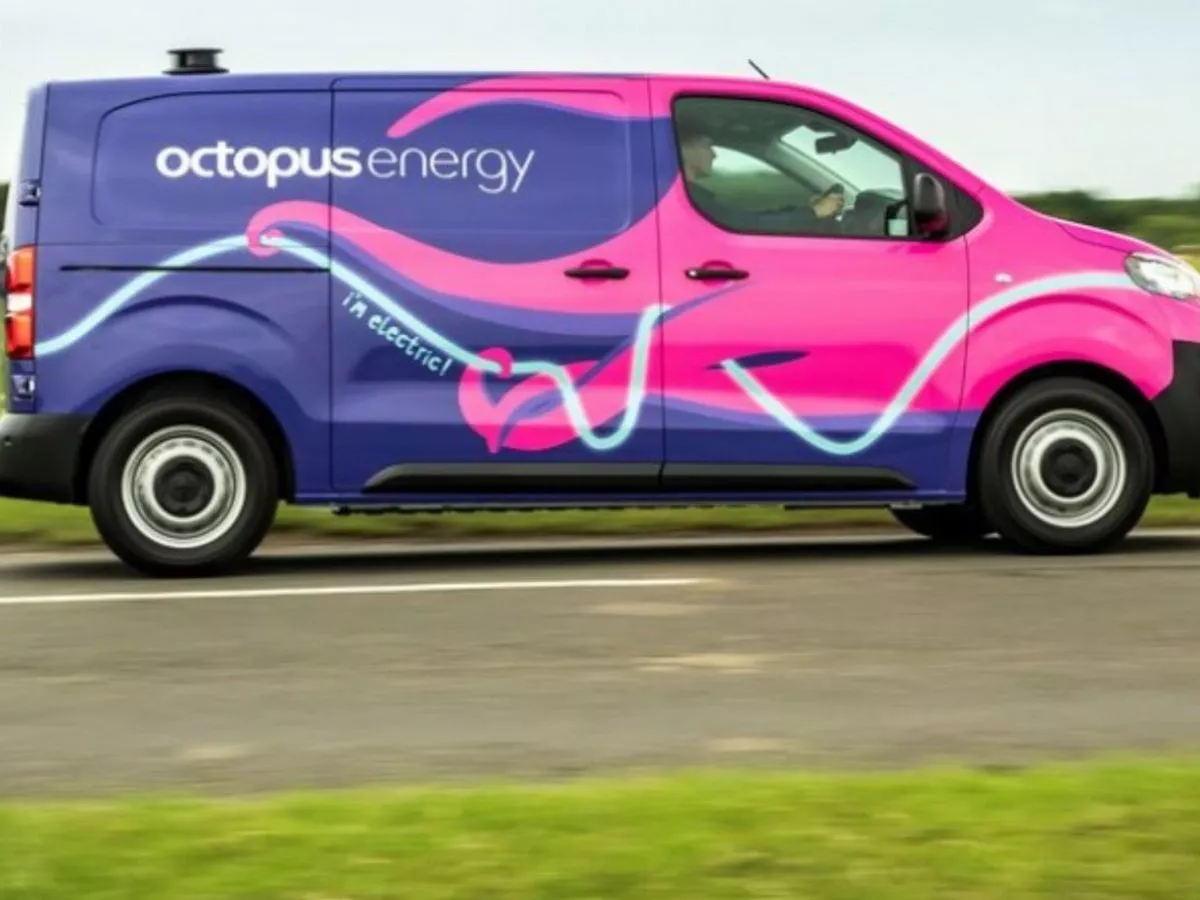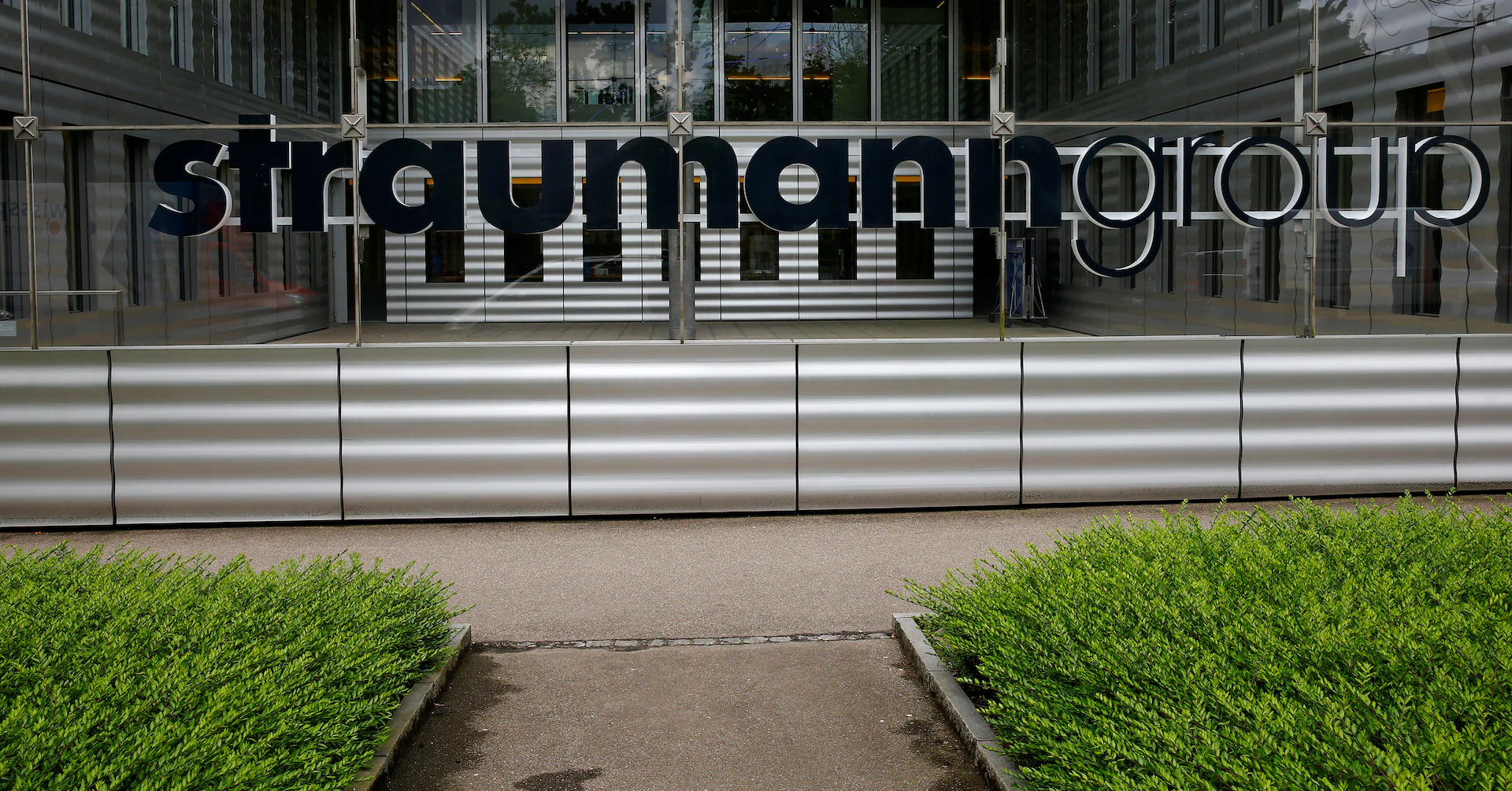Copyright thedailycpec

The federal government will tighten restrictions on used car imports under overseas Pakistani schemes to stop misuse and curb illegal money transfers through hundi and hawala, Business Recorder reported. Decision Taken in Inter-Ministerial Meeting The decision came during a meeting chaired by Commerce Minister Jam Kamal Khan, with SAPM Haroon Akhtar Khan and representatives from PAMA and PAAPAM in attendance. Officials discussed the misuse of import schemes meant for overseas Pakistanis and the need for stricter controls. New Eligibility Rules for Overseas Pakistanis Under the new proposal, only genuine expatriates will qualify to import used vehicles through the Personal Baggage, Transfer of Residence, and Gift Schemes under the Import Policy Order 2022. Cars must be registered in the expatriate’s name for at least six months before their return to Pakistan. Crackdown on Misuse and Hawala Transactions Officials revealed that commercial importers often buy passports of overseas Pakistanis for about Rs200,000. They use these identities to import cars via informal payment channels and sell them locally to buyers with undeclared wealth. This practice hurts Pakistan’s tax system and undermines local car production. Industries Ministry Pushes for Stricter Controls While the Commerce and Overseas Pakistanis ministries preferred a softer stance, the Ministry of Industries demanded tougher enforcement to block abuse of the facility. PAAPAM representatives warned that used car imports directly reduce demand for locally made parts, putting pressure on small vendors and assemblers. ECC to Review Revised Proposal Minister Jam Kamal Khan said the Economic Coordination Committee (ECC) had asked the ministry to rework its plan after consulting stakeholders. The final proposal, reflecting new restrictions, will soon go before the ECC for approval. Industry Calls for Long-Term Policy Protection PAAPAM urged the government to ensure that the upcoming Auto Industry Policy, set to replace the current one in June 2026, provides stronger protection for local manufacturers and discourages excessive reliance on imports.



